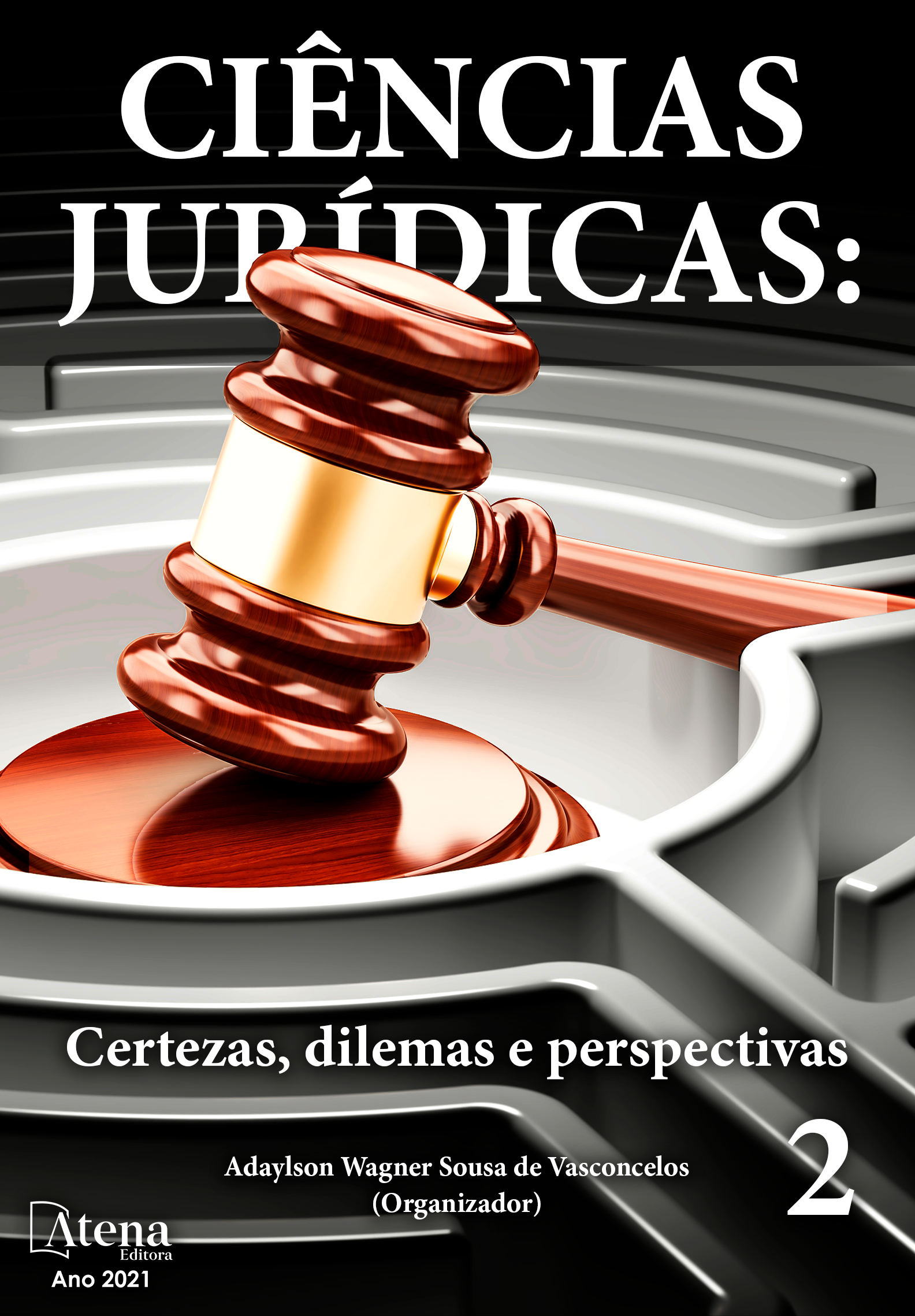
REFORMA TRABALHISTA E A COBRANÇA DE CUSTAS PROCESSUAIS AOS BENEFICIÁRIOS DA JUSTIÇA GRATUITA NO BRASIL
Propõe-se neste artigo analisar se as alterações advindas da reforma trabalhista, estabelecida pela lei nº 13.467/17, afrontam o fundamento constitucional da dignidade da pessoa humana, através da imposição de cobrança das custas processuais aos beneficiários da justiça gratuita. O mecanismo da gratuidade da justiça, trazido pela lei nº 1.060/50 e incluso ao Código de Processo Civil de 2015, é responsável por garantir o acesso à justiça ao hipossuficiente, sob a égide dos princípios da igualdade e do amplo acesso ao judiciário, no entanto, empecilhos criados pela reforma, tal como a imposição de meios probatórios de insuficiência de recursos, podem impedir o cumprimento desta garantia. Realizou-se um estudo bibliográfico e documental sobre a gratuidade da justiça como direito fundamental e a sua aplicação na legislação trabalhista, além de também averiguar como ocorre a cobrança de custas processuais aos beneficiários da justiça gratuita e, por fim, analisou-se a possível ofensa oriunda da alteração dos artigos 790 e art. 844 da CLT às normas constitucionais. As conclusões demonstraram que a nova disposição trazida pela lei nº 13.467/17, causa insegurança jurídica quanto à proteção dos direitos trabalhistas, por violar princípios constantes na Constituição da República Federativa do Brasil de 1988.
REFORMA TRABALHISTA E A COBRANÇA DE CUSTAS PROCESSUAIS AOS BENEFICIÁRIOS DA JUSTIÇA GRATUITA NO BRASIL
-
DOI: 10.22533/at.ed.73421221116
-
Palavras-chave: Reforma trabalhista. Gratuidade da justiça. Custas processuais.
-
Keywords: Labor-law reform. Free legal aid. Court costs.
-
Abstract:
The proposal of this article is to analyze whether the changes from the labor-law reform, created by Law N° 13,467/17, affront the constitutional foundation of human dignity, through the imposition of the collection of court costs from the beneficiaries of free legal aid. The mechanism of free legal aid, established by Law N° 1,060/50 and included in the Code of Civil Procedure of 2015, is responsible for ensuring access to justice for the underprivileged, under the aegis of the principles of equality and broad access to justice. However, obstacles created by the reform, such as the imposition of evidence of insufficient resources, may prevent the fulfillment of that guarantee. A bibliographical and documental study was carried out on free legal aid as a fundamental right and its application in labor legislation, in addition to investigating how the collection of court costs from beneficiaries of free legal aid occurs and, finally, the possible offense arising from the amendment of articles 790 and 844 of the Consolidation of Labor Laws to constitutional norms. The conclusions showed that the new provision brought by Law N° 13,467/17 causes legal uncertainty as to the protection of labor rights, for it violates principles contained in the 1988 Constitution of the Federative Republic of Brazil.
-
Número de páginas: 16
- Rose Melry Maceió de Freitas Abreu
- Joniel Vieira de Abreu
- Paulo Sérgio de Almeida Corrêa


